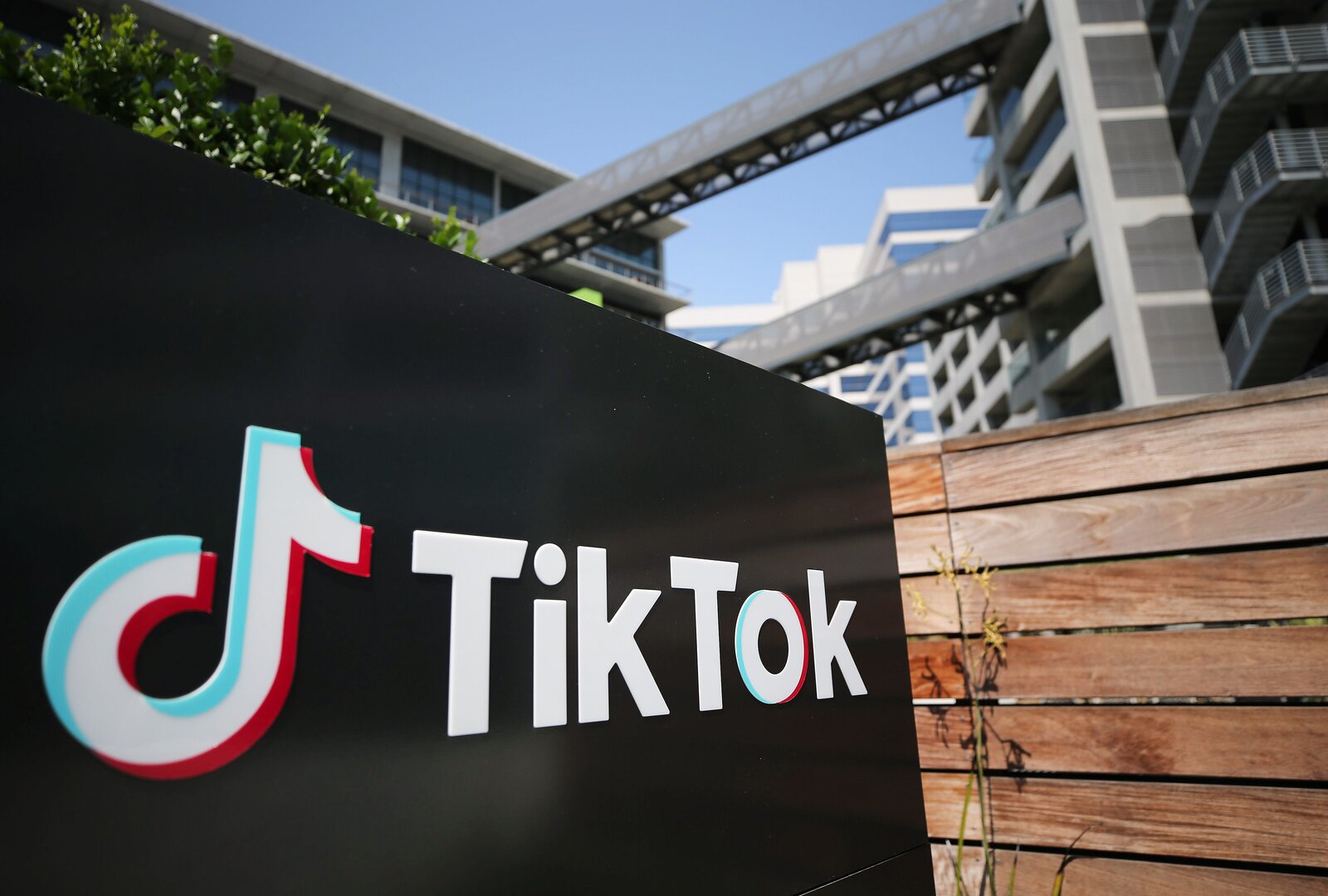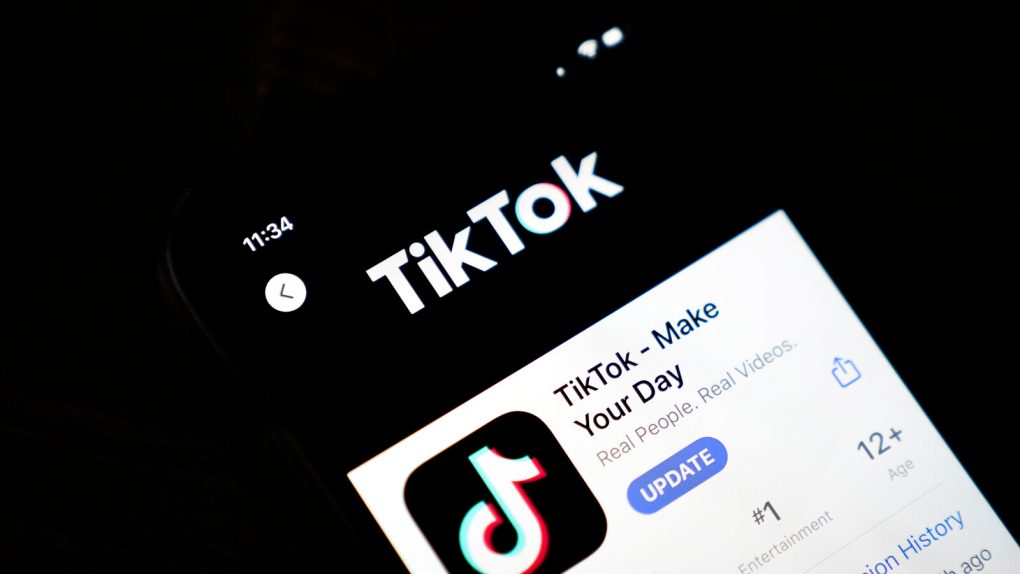The bad headlines keep mounting for the mega-popular video-sharing app TikTok, which is now the subject of bipartisan congressional legislation that seeks to completely ban the service in the US.
The legislation — born out of growing suspicions that the China-owned parent company of TikTok could use the app as a vector for widespread surveillance — would actually block dealings with any social media company in the US that’s controlled by a Chinese or Russian entity. And it’s the culmination of a number of steps increasingly being taken in this direction, such as FBI director Christopher Wray warning about TikTok as a potential national security threat and FCC Commissioner Brendan Carr telling BGR in a recent interview that the app needs to be shut out of the US.
Congressional and state bans
Separate from whatever outcome follows the congressional legislation, supporters of which include Florida Republican Senator Marco Rubio, a growing number of US states like Alabama, Texas, South Carolina, and Utah are also taking action on their own and banning the app on state computers and devices. And multiple US agencies like the Committee on Foreign Investment in the United States, which goes by the acronym CFIUS, are in talks with TikTok about these same issues.

Citing concerns also raised by other allied nations as well as national security figures like Avril Haines (the US Director of National Intelligence), Carr, in a tweet on Wednesday, added: “The bipartisan recognition in Congress that TikTok poses an unacceptable threat to our national security is great news.”
Reporting from Forbes this year has shown that TikTok’s employees based in China have been able to access EU user data, further stoking fears about those employees being able to do the same with US user data. TikTok, for its part, has a US moderation team based in California, and the company has said it stores data on US users both here and backed up in Singapore.
‘Keeping TikTok safe’
this month, TikTok head of trust and safety Cormac Keenan said the company is creating a new trust and safety team to “build further trust and confidence in the protection of US user data and compliance. This team will be led by TikTok’s current Head of US Safety, Eric Han, who is taking on a new role as Head of USDS Trust and Safety. Several of our existing US Safety teams, such as our legal policy team and threat intelligence team, will be reorganized into the USDS Trust and Safety team.”
He continues: “As one global Trust and Safety team, we will work in unison to build policies, processes, and systems that protect against harm and promote authenticity, diversity, and, above all, safety. Together, we will have over 40,000 talented safety professionals dedicated to keeping TikTok safe.”
Outside of security concerns, the dark side of the app keeps coming more clearly into focus. A University of Vermont study in recent months, for example, found that dieting-related trends on TikTok might contribute to eating disorders. A family has also sued the Palm Beach County School District, alleging the school was negligent in letting kids attempt the TikTok “Skull Breaker” challenge.
Be that as it may, Apple is still doing its part to promote the app inside the iPhone maker’s App Store. As of this writing, for example, the app is included on a ranking of “iPhone Essentials” that Apple describes as “Our Favorites.” That app list is visible upon immediately opening the App Store, before beginning a search.
“There is now widespread consensus in the US that TikTok presents an unacceptable risk both to our national security and to the safety and privacy of millions of Americans,” Carr said in a statement he released this week. “That is why a broad cross-section of national security experts have gone public in recent weeks to express their concerns with TikTok’s unchecked operations in the US.
“The question is no longer whether TikTok’s ongoing operations will come to an end, but when.”








